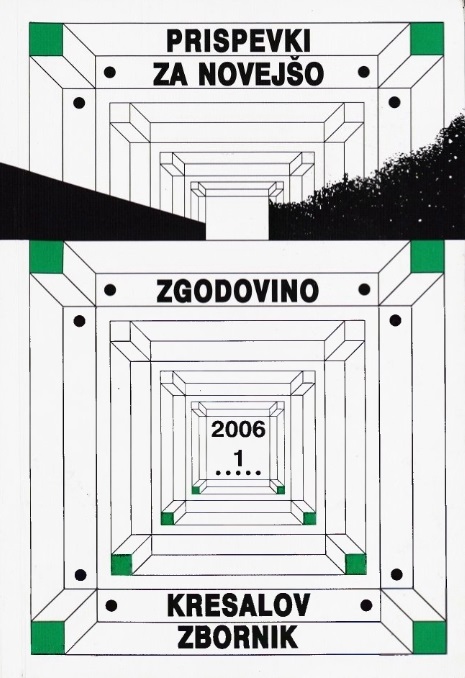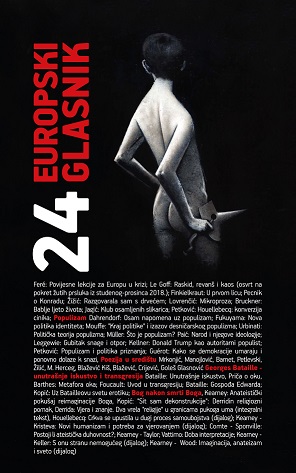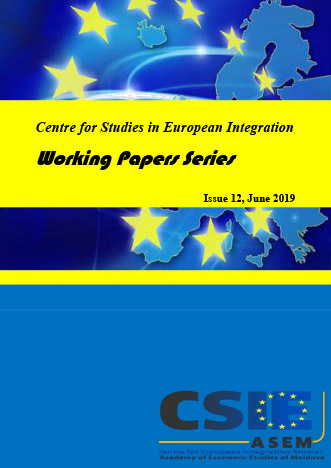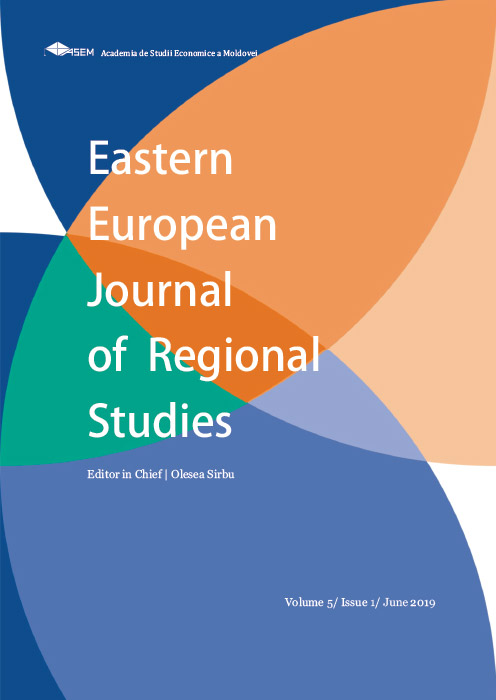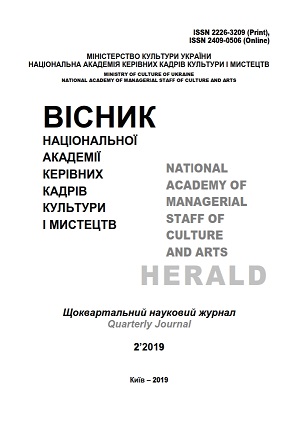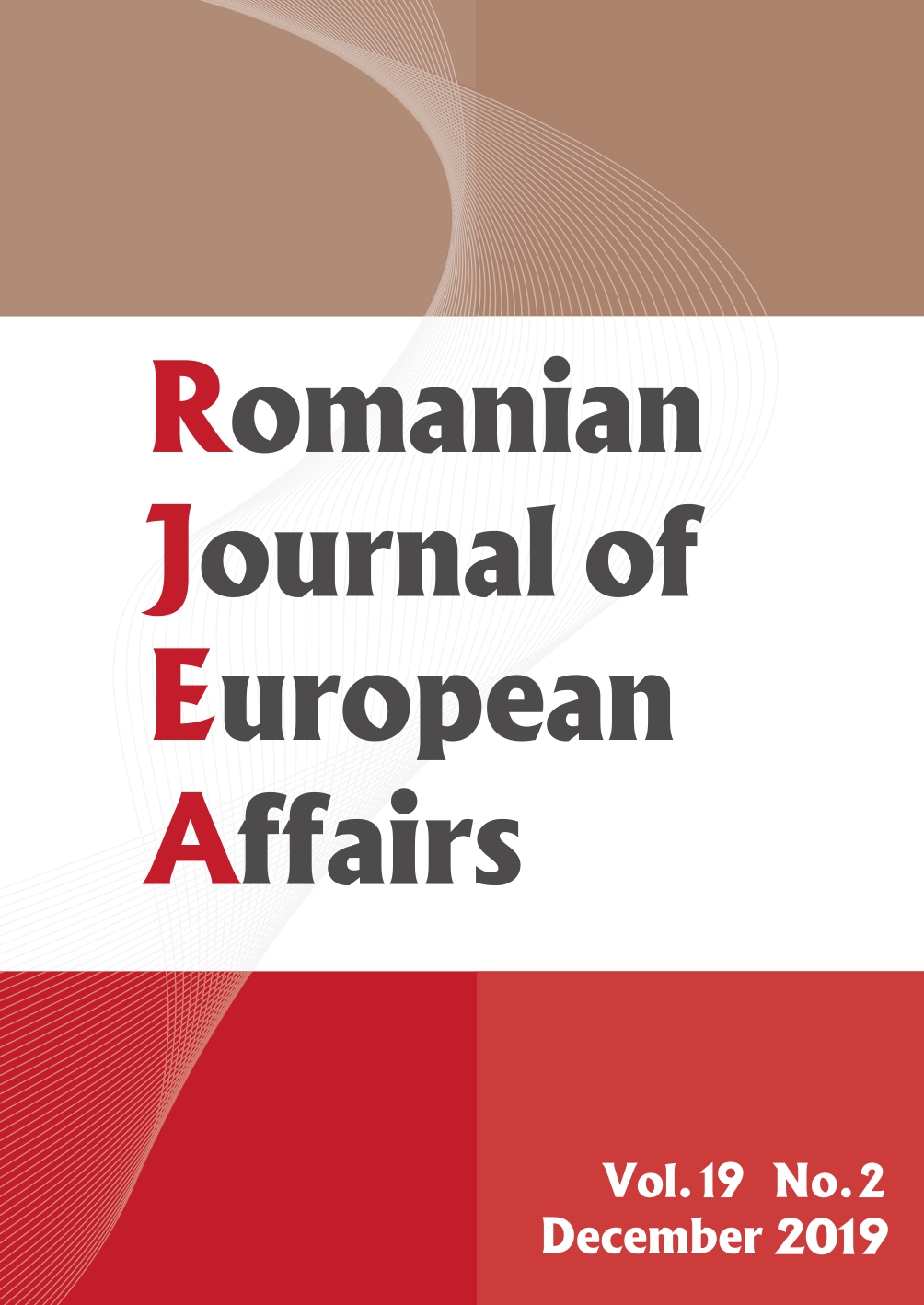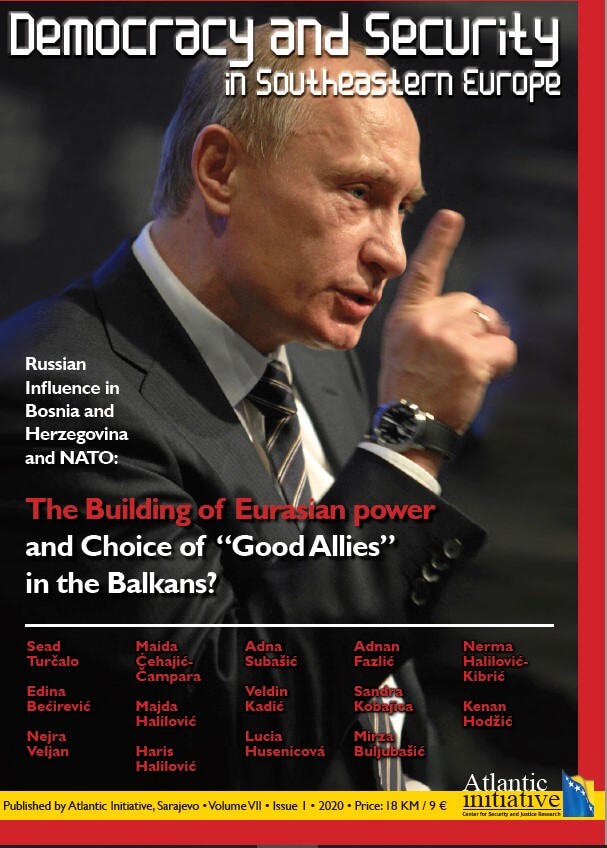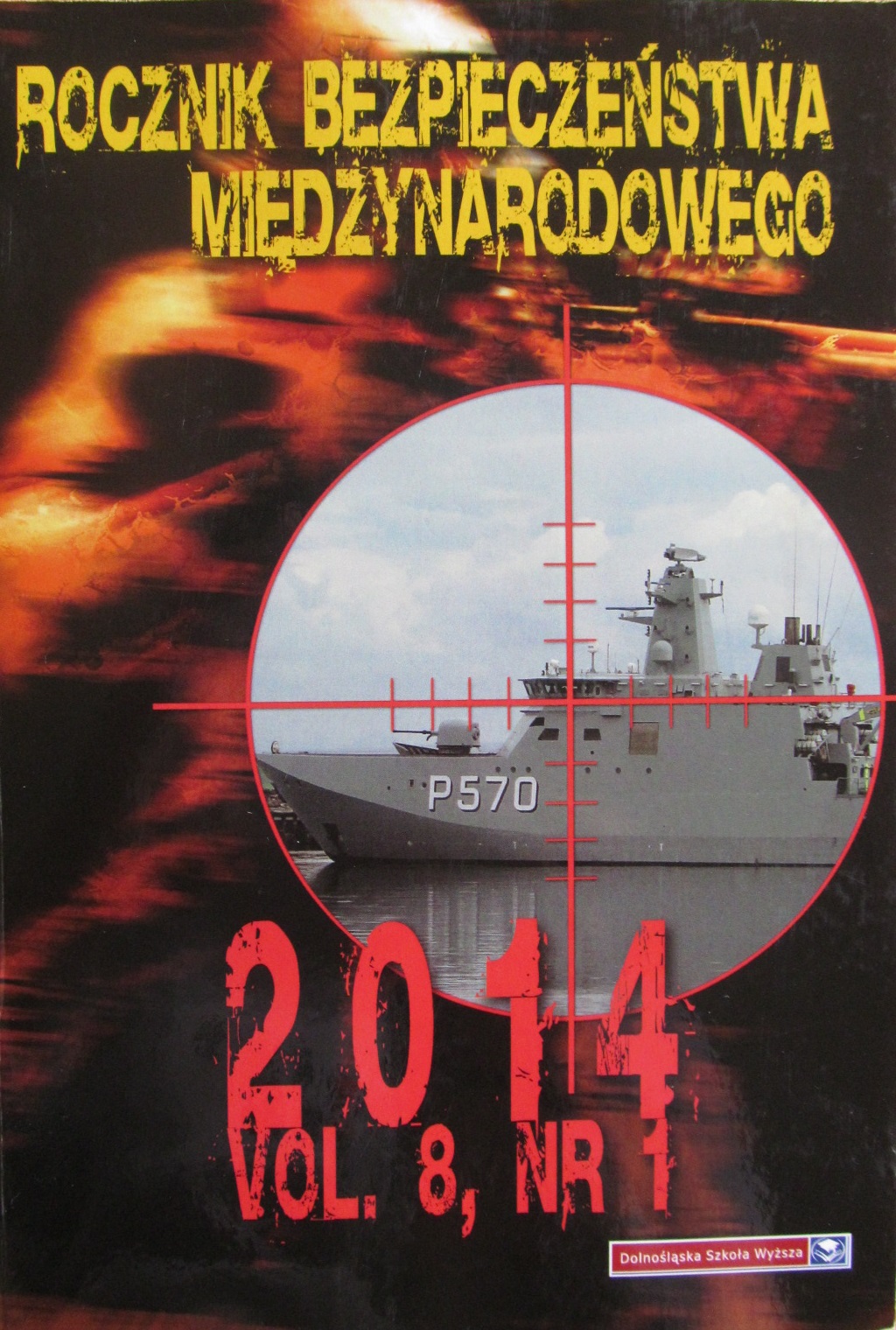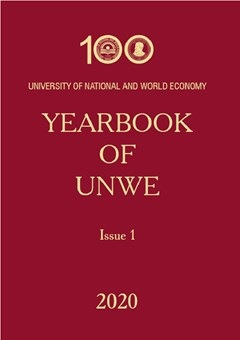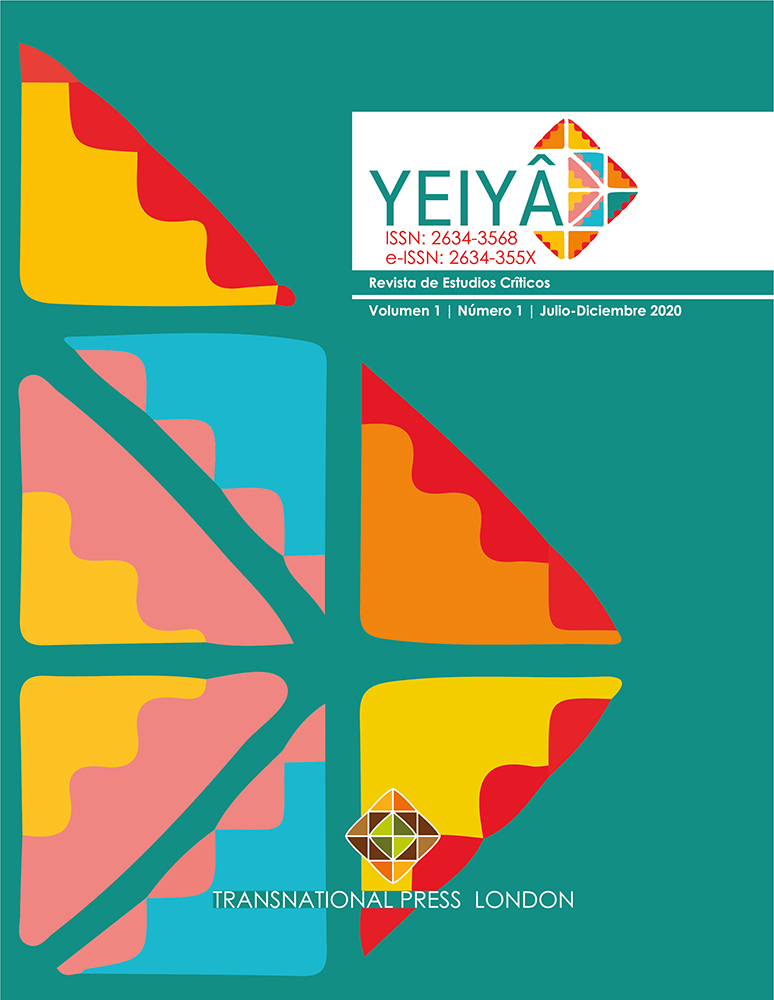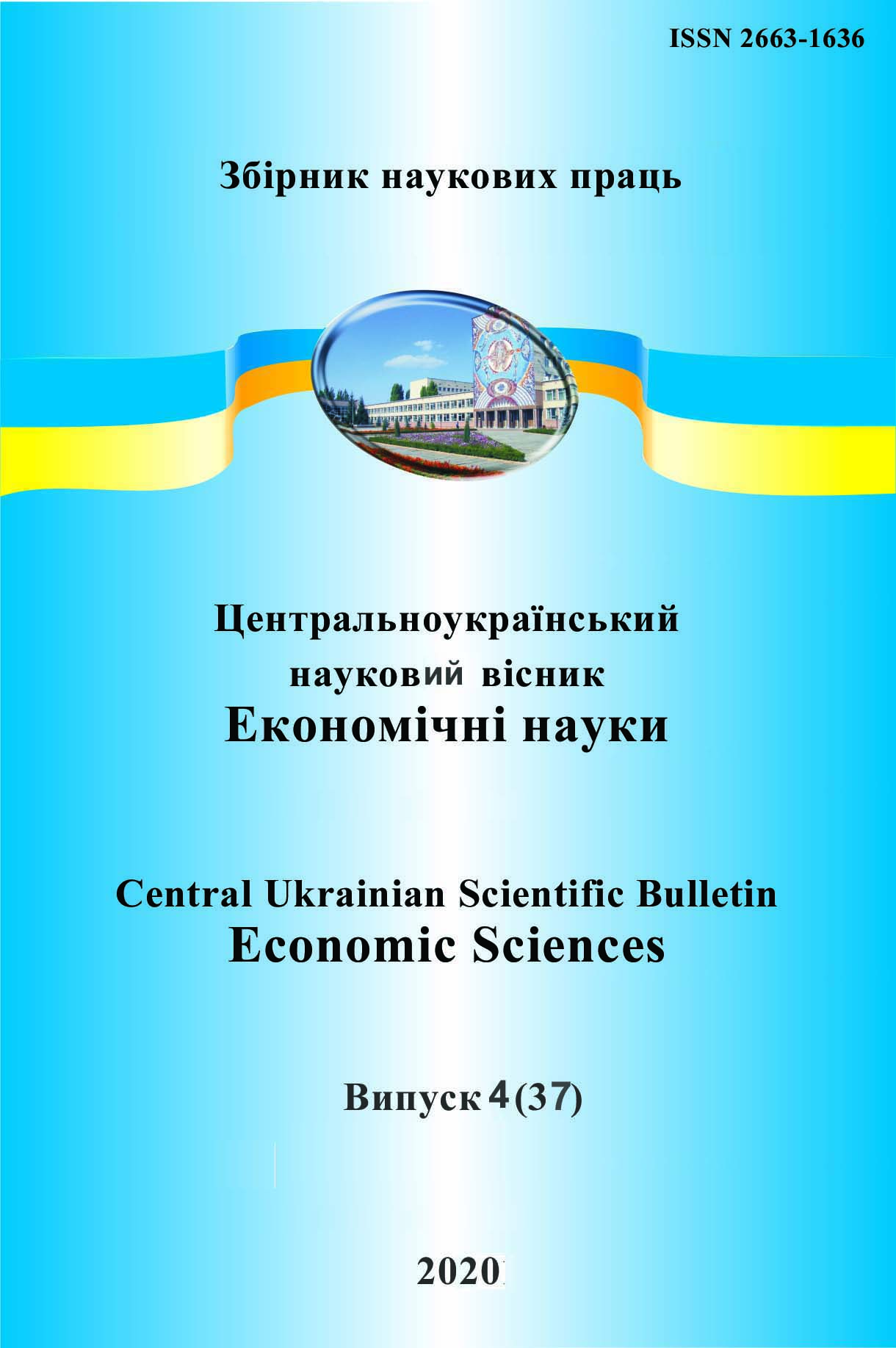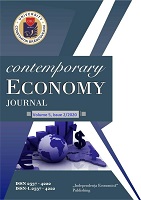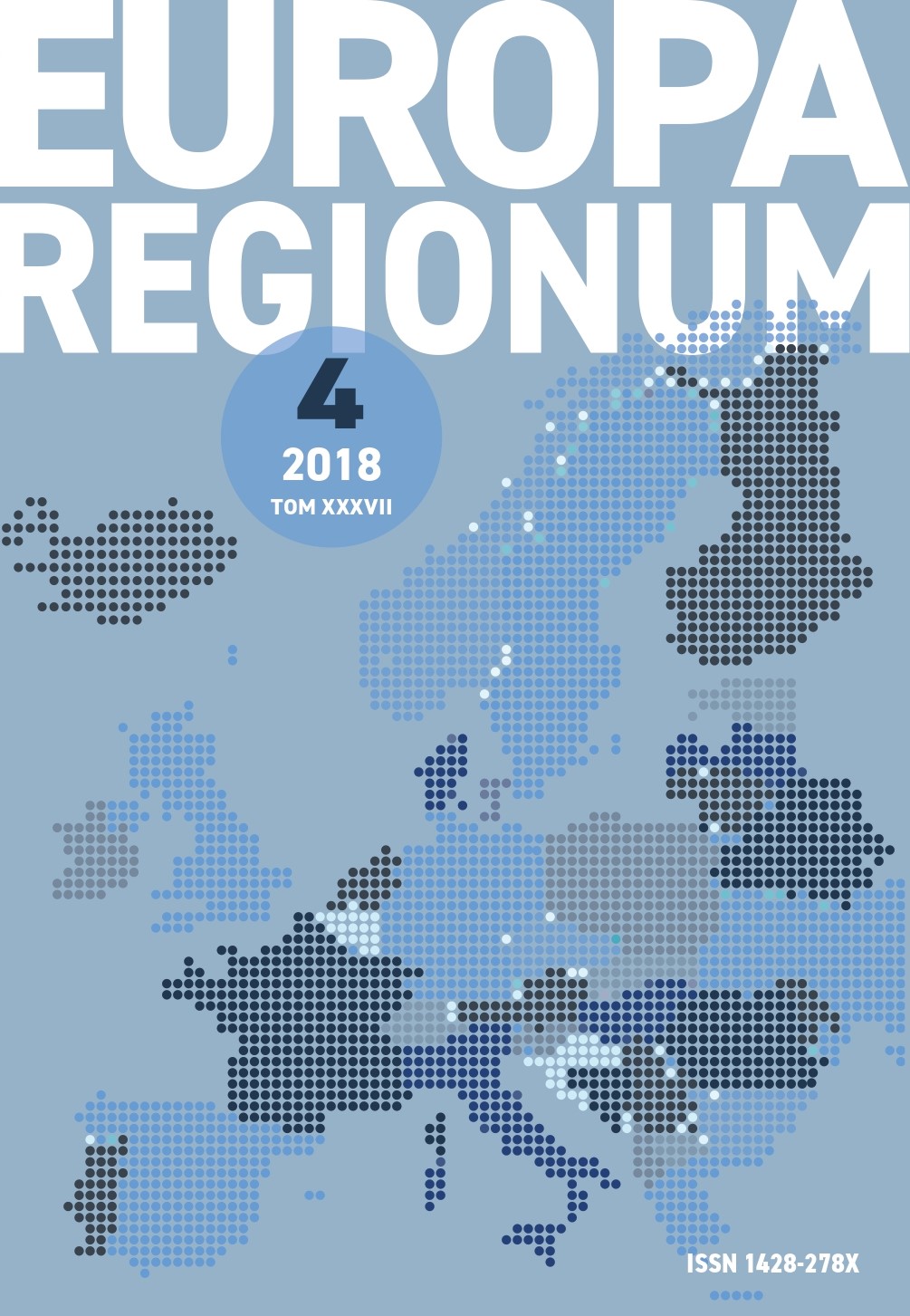Author(s): Diana PERJU,Rodica Crudu / Language(s): English
Issue: 12/2019
This paper analyses the evolution of economic relations between the Republic of Moldova and the European Union during 2007-2018, assessing the main achievements made by the Republic of Moldova in the realization of its "European dream", as well as the major challenges that it faces in cooperation with the EU. The analysis includes a short history of relations between the parties, indicating the most important events that occurred during 2007-2018; the impact of the EU-Moldova Association Agreement, including DCFTA, upon economic development of the Republic of Moldova; the results of financial assistance offered by the European Union in different sectors of Moldovan economy, as well as the main challenges occurred in cooperation between the parties. Additionally, the paper provides an overall picture of the energy sector of the Republic of Moldova, as one of the greatest priorities for the country and presents the main strengths, weaknesses, opportunities and threats of it. The methodological base of the paper consists in the analysis of applicative methods, quantitative and qualitative research analysis, analysis of various documents that help to study in details the evolution of relations between the countries and formulate conclusions regarding the investigated topic. The study concludes that the relations between the Republic of Moldova and the European Union evolved a lot in the period of 2007-2018, but nevertheless, in order to close the ties between the parties there is a need for the Republic of Moldova to work hard on its reform agenda and solve the major problems that it faces.Keywords: Republic of Moldova, the European Union, the EU-Moldova Association Agreement, DCFTA, evolution, energy, achievements, challenges.This paper analyses the evolution of economic relations between the Republic of Moldova and the European Union during 2007-2018, assessing the main achievements made by the Republic of Moldova in the realization of its "European dream", as well as the major challenges that it faces in cooperation with the EU. The analysis includes a short history of relations between the parties, indicating the most important events that occurred during 2007-2018; the impact of the EU-Moldova Association Agreement, including DCFTA, upon economic development of the Republic of Moldova; the results of financial assistance offered by the European Union in different sectors of Moldovan economy, as well as the main challenges occurred in cooperation between the parties. Additionally, the paper provides an overall picture of the energy sector of the Republic of Moldova, as one of the greatest priorities for the country and presents the main strengths, weaknesses, opportunities and threats of it. The methodological base of the paper consists in the analysis of applicative methods, quantitative and qualitative research analysis, analysis of various documents that help to study in details the evolution of relations between the countries and formulate conclusions regarding the investigated topic. The study concludes that the relations between the Republic of Moldova and the European Union evolved a lot in the period of 2007-2018, but nevertheless, in order to close the ties between the parties there is a need for the Republic of Moldova to work hard on its reform agenda and solve the major problems that it faces.
More...
